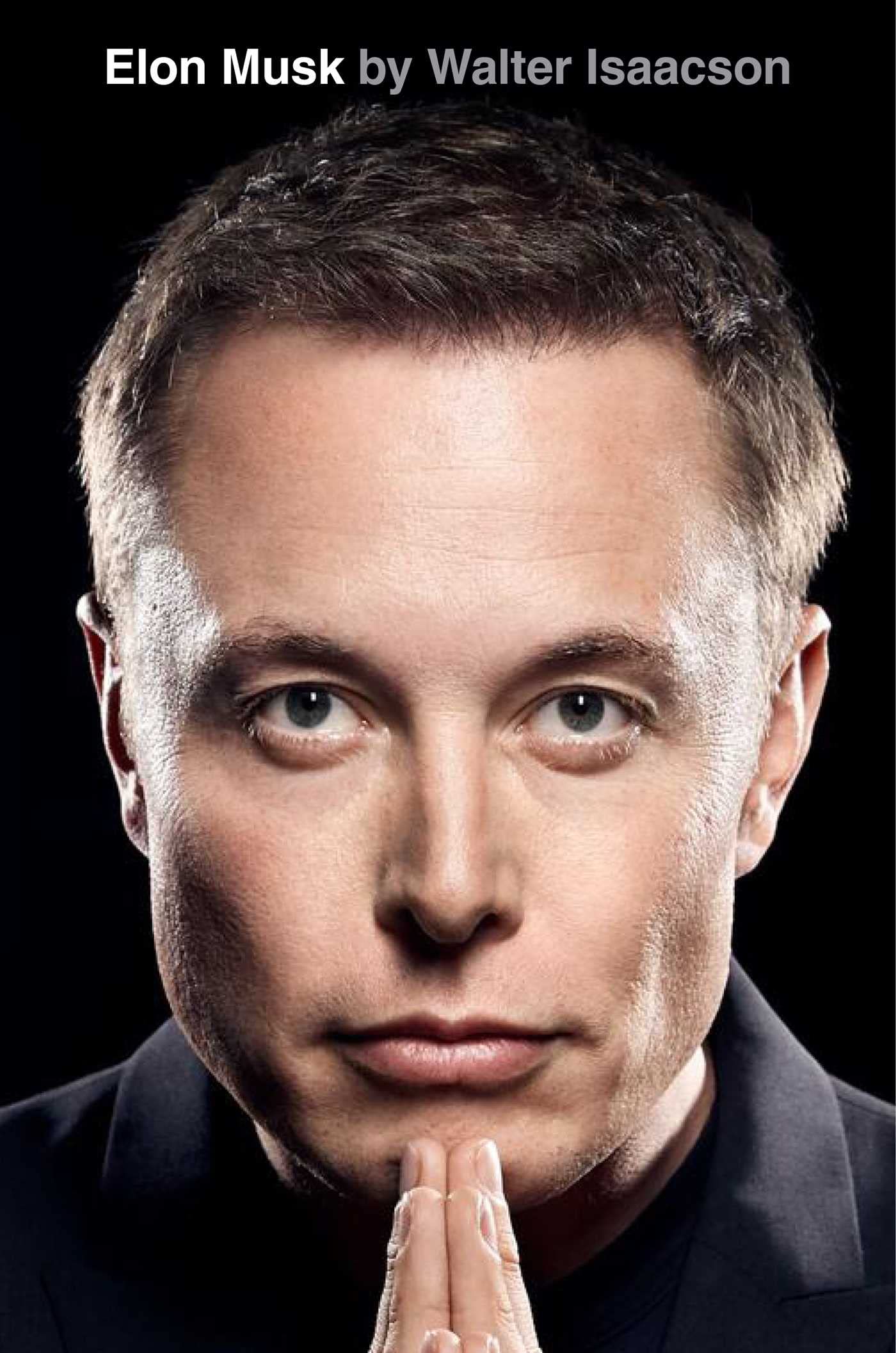37. Musk and Bezos
byMusk and Bezos have long been recognized as two of the most influential figures in modern technology, both sharing a deep-rooted passion for space exploration and an unwavering belief in the necessity of making humanity a spacefaring civilization. Their early influences shaped their ambitions—Bezos was captivated by the Apollo 11 moon landing as a child, inspiring a lifelong fascination with space, while Musk’s interest in interplanetary travel was fueled by his love of science fiction and physics. Despite their differing approaches, both billionaires believed that humanity’s future depended on becoming a multi-planetary species, leading them to establish their respective space ventures—Blue Origin in 2000 for Bezos and SpaceX in 2002 for Musk.
Their rivalry officially took shape in 2004 when Bezos visited Musk at SpaceX’s headquarters, hoping to exchange ideas on rocket development. What started as a seemingly amicable meeting soon evolved into a long-standing and often public feud, as Musk reportedly found Bezos’s approach too slow, overly methodical, and lacking the boldness needed to make rapid advancements in space technology. Musk’s philosophy, deeply embedded in a fail-fast-and-fix approach, was in direct contrast to Bezos’s measured and incremental style of innovation. This competitive dynamic became even more pronounced in the years that followed, especially as both companies raced to develop reusable rocket technology, a key milestone in making space travel economically viable.
One of their most high-profile battles unfolded over the leasing rights to NASA’s historic Pad 39A at Cape Canaveral, a launch site that had sent Apollo astronauts to the moon and served as a cornerstone of American space exploration. Both SpaceX and Blue Origin sought control of this site, recognizing its symbolic and practical significance in the future of commercial spaceflight. Ultimately, SpaceX won the lease, reinforcing its position as the leading private space company and adding fuel to an already fiery rivalry. Musk didn’t hold back his opinions, frequently mocking Blue Origin’s slower progress, referring to Bezos’s company as “Blue Ballz” in a dig at its unfulfilled promises, and questioning its ability to compete on the same level as SpaceX.
Their disputes extended beyond launch sites and into satellite internet dominance. Musk’s Starlink, an ambitious project aimed at deploying thousands of low-Earth orbit satellites to provide global broadband coverage, was years ahead of Bezos’s competing initiative, Project Kuiper. While Musk had already launched thousands of satellites and started providing service worldwide, Bezos’s efforts were still in the planning phase, further reinforcing the perception that Blue Origin was lagging behind. Bezos’s frustration led to regulatory battles, with Amazon filing complaints against SpaceX over satellite placement and frequency interference, further deepening tensions between the two moguls.
Despite their ongoing conflicts, Musk and Bezos share a fundamental belief that Earth’s resources are finite and that humanity must look beyond our home planet for long-term survival. However, their visions for space differ significantly—Musk advocates for colonizing Mars as a backup for human civilization, believing that a self-sustaining city on the Red Planet is the only way to ensure the survival of our species. In contrast, Bezos envisions massive space habitats orbiting Earth, where millions could live and work, drawing inspiration from physicist Gerard K. O’Neill’s ideas about space colonies. While both are working toward the common goal of expanding human presence beyond Earth, their ideological and technical differences have kept them at odds.
As both billionaires continue their space ambitions, their strategies remain starkly different—Musk’s SpaceX embraces high-risk, high-reward engineering, prioritizing rapid iteration and experimental failures as stepping stones to success. Bezos’s Blue Origin, on the other hand, follows a more measured path, developing technology at a slower pace with a long-term vision that prioritizes precision and reliability. Their ongoing feud, often played out in Twitter exchanges and legal battles, reflects a larger shift in space exploration from government-led initiatives to private-sector dominance. While the rivalry remains intense, it is undeniable that their collective contributions have accelerated innovation, pushing the space industry forward in ways previously unimaginable.
Regardless of who reaches their ultimate goal first, Musk and Bezos have redefined what is possible in space travel, ensuring that humanity’s future among the stars is no longer a question of if, but when. Their competition has driven advancements in reusable rocket technology, satellite communications, and commercial spaceflight, setting the stage for a new era of exploration. Whether it’s Musk’s dream of a thriving Martian colony or Bezos’s vision of orbital megastructures, their pioneering efforts guarantee that space will no longer be the domain of just government agencies but a playground for those with the ambition and resources to push the boundaries of human achievement.


